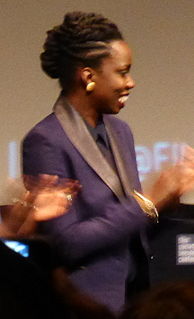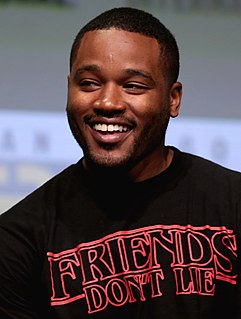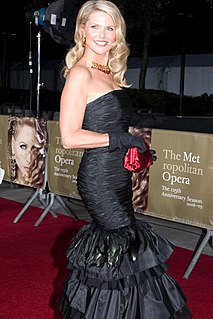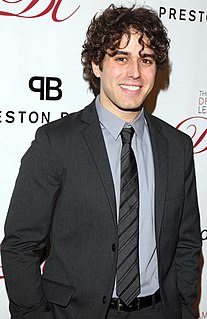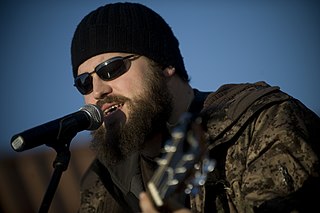A Quote by Adepero Oduye
I have friends who are black whose families opened their arms to them when they came out; I have friends who were white where they were rejected.
Related Quotes
When I was in Mecca I noticed that their, they had no color problem. That they had people there whose eyes were blue and people there whose eyes were black, people whose skin was white, people whose skin was black, people whose hair was blond, people whose hair was black, from the whitest white person to the blackest black person.
The strange thing about my life is that I came to America at about the time when racial attitudes were changing. This was a big help to me. Also, the people who were most cruel to me when I first came to America were black Americans. They made absolute fun of the way I talked, the way I dressed. I couldn't dance. The people who were most kind and loving to me were white people. So what can one make of that? Perhaps it was a coincidence that all the people who found me strange were black and all the people who didn't were white.
The Town Hall Pub on a Wednesday night was just regulars anyway, so we could play whatever. Worst case scenario, it would be the same seven people who were always at the bar getting drunk, and they would be there for us. But we just told our friends and family, and they came out to support us. Then they told their friends, who told their friends, who told their friends. It was a full-on event.
It's always humbling, knowing where we came from. From being friends with the janitor in the bar and being friends with the waitress - because they were some of the only people that were listening when we finished playing - to this, we are able to appreciate every single person and every single piece of it, because we came from nothing to this.
